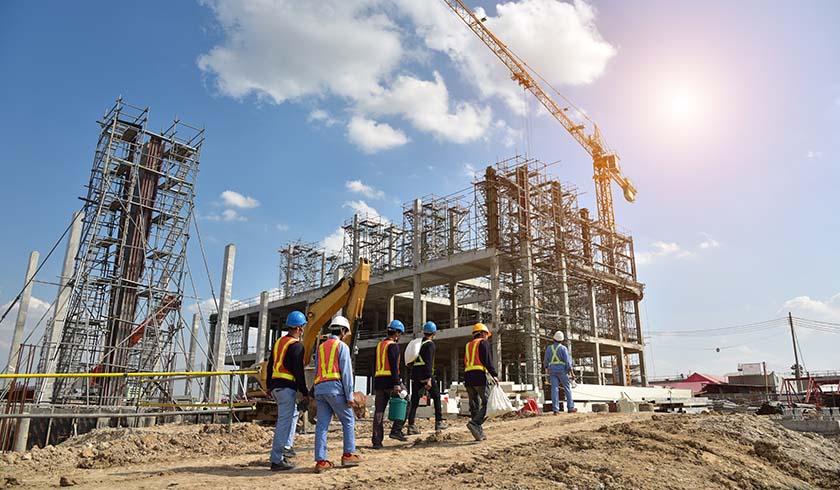Will phoenixing finally be stamped out in Australia’s construction industry?

Phoenixing is when a new company is created to continue the operations of a former company which was deliberately liquidated to avoid paying debts such as wages, superannuation, employee entitlements, debts to suppliers and other creditors, or tax. Companies also use this approach to avoid regulatory obligations, or to undercut competitors by charging less, which becomes affordable when they never intend on paying their debts.
Dodgy developers and builders use phoenixing as a way of avoiding paying for defects. They create a $2 company, take the profits from the project, and then shut down the company so they can’t be pursued for the defects bill or other debts. In 2017-2018 in NSW, 561 construction businesses were found to have been involved in phoenixing behaviour.
Why hasn’t phoenixing been stamped out yet?
It seems extraordinary that phoenixing has been allowed to go on for so long, but due to gaps in regulation and difficulties with prosecuting wrongdoing, the problem has festered. Since 1994, at least six governmental inquiries have examined phoenix activity without resolving the problem.
Finally, in 2020, it seems that things may begin to change. In February, the Treasury Laws Amendment (Combating Illegal Phoenixing) Act 2020 (Cth) (Phoenix Act) came into effect. The legislation has made changes to the Corporations Act 2001 (Cth) (Corps Act), A New System (Goods and Services Tax) Act 1999 (Cth) and the Taxation Administration Act 1953 (Cth) to give regulators greater power to “detect and disrupt phoenix activity, and to prosecute directors and other professional advisors who engage in or facilitate the activity.”
What are the latest reforms?
The latest reforms to illegal phoenixing activity are designed to strengthen enforcement through:
● Introducing new phoenix offences and higher penalties for breaches
● Equipping the Australian Securities and Investments Commission (ASIC) with greater powers to recover assets and debts for creditors
● Limiting the ability for Directors to resign or backdate resignations to avoid personal liability or prosecution
There are safeguards in place to ensure honest businesses in financial distress aren’t held accountable for phoenixing.
How can consumers protect themselves?
The best thing consumers can do is arm themselves with the right information so they can avoid builders and developers with a history of phoenixing.
By checking builders and developers’ credit reports and ASIC listings, consumers will be alerted to any debt issues and will uncover any potential phoenixing behaviour. Seeking out testimonials from former clients or suppliers is also a good way to find out whether the builder or developer has engaged in unscrupulous behaviour. Working with a builder broker fast tracks this process.
The builder broker will have a panel of pre-vetted and accredited builders to choose from. Similar to working with a mortgage broker, the builder broker service is free for the consumer.
It will take some time for the new phoenixing legislation to reap results, but it is certainly a step in the right direction. Until the issue of phoenixing is stamped out, it leaves consumers vulnerable.
By Lynette Manciameli, director, Builder Finders
